Previously, Dong Nai Provincial Police coordinated with the Department of Health to conduct a surprise inspection of a frozen food business in Quarter 10, Xuan An Ward, Long Khanh City, owned by Mr. Nguyen Thanh Hung. Here, the authorities discovered that the business was storing more than 5.3 tons of frozen food of unknown origin.
Ho Chi Minh City police inspect newly discovered animal organs and meat of unknown origin.
Continuing to work, Mr. Hung confessed that he was sending over 25 tons of frozen food products of unknown origin to two cold storages of two companies in Thu Duc City (Ho Chi Minh City). The police temporarily detained the frozen food and organized a sample collection for testing. The results showed that nearly 6.9 tons of pig breasts and over 1.5 tons of pig intestines were contaminated with the microorganism "salmonella". Mr. Hung confessed that he bought the frozen food from frozen food trading groups on social networks, without invoices or documents proving the origin.
The Economic Police Department has advised the Chairman of Dong Nai Provincial People's Committee to issue a decision to administratively fine the owner of the establishment for trading in goods of unknown origin, violating food safety regulations, trading in fresh animal products contaminated with microorganisms with a fine of over VND 203 million and forcing the destruction of over 30.3 tons of frozen foods contaminated with microorganisms.
In Binh Duong province, the Economic Police Department of the provincial police also coordinated with the Market Management Team No. 2 of the province to inspect the Southern Logistics Investment Company Limited (address: Nguyen Trai quarter, Lai Thieu ward, Thuan An city) and discovered 11.2 tons of food with signs of violating food safety laws.
At the time of inspection, the authorities determined that this company was operating a cold storage rental business with a total of 21 refrigerated containers. Of these, 2 warehouses were storing frozen foods including chicken, pork, duck, and finished sausages of unknown brands and origins, all of which had expired, with a total weight of over 6.2 tons.
Through working with the Police, the owners of the above frozen animal food admitted that the food was purchased illegally on the market, without invoices or documents proving the legal origin of the goods.
In addition, the owners of the goods admitted that they knew about the expiration date of the above goods, but continued to sell them to businesses, food processors, restaurants, eateries, and industrial food processing companies in Binh Duong province and Ho Chi Minh City.
In order to deal with the authorities, a cargo owner even printed the words "Cold storage for liquidated waste products used for animal husbandry" on the door of a refrigerated container warehouse...
In Ho Chi Minh City, the Economic Police Department's working group determined that a cold storage facility of a food trading company in Tan Nhut Commune, Binh Chanh District was storing more than 61.5 tons of animal organs and meat without invoices or documents proving origin, and without animal quarantine certificates, including: More than 1.3 tons of pig udders; 16.7 tons of pig stomachs (Poland); nearly 26.5 tons of pig stomachs (Netherlands); 3.6 tons of beef shank; 5.9 tons of chicken cartilage and 7.5 tons of chicken.
In Binh Hung Hoa B ward, Binh Tan district, when checking a cold storage on Binh Thanh street, the working group discovered that the cold storage was storing 3.4 tons of offal and animal meat without labels, invoices, or documents proving origin for sale on the market...
At a recent meeting to provide information on the socio-economic situation in Ho Chi Minh City, Mr. Nguyen Quang Huy, Deputy Head of the Market Management Department, said that the city's Department of Industry and Trade has been implementing many synchronous solutions to control and prevent violations, aiming to build a safe and transparent food market.
The Department of Industry and Trade has proactively signed cooperation agreements with the Departments of Industry and Trade, Agriculture and Environment of many provinces, notably Dong Nai, the locality that supplies most of the meat and eggs to Ho Chi Minh City... Food inspections at gateways and wholesale markets have also been strengthened.
For businesses and business households that violate the law, the Department of Industry and Trade affirms that it will strictly handle them according to the level of violation, and transfer the case to the investigation agency if there are signs of crime. In particular, many deterrent solutions are being considered such as: Publicizing the names of violating establishments, increasing the level of fines, applying additional penalties such as suspending operations or revoking licenses, and at the same time building a database that connects between sectors for tighter management.
On the side of the Ho Chi Minh City Department of Food Safety, the unit has implemented many projects and programs such as "Project on management, identification and traceability of pork, poultry and eggs", "Safe food chain", "Project on pilot market model to ensure food safety"...
According to the city's Department of Food Safety, Ho Chi Minh City is currently the largest food consumption market in the country, but the city's supply only meets 20%-30%. Therefore, the city has proactively linked with localities and implemented the "Safe Food Chain" project to control input food sources. The Department of Food Safety coordinates with relevant departments to establish and manage food production and trading establishments that meet standards, providing for collective kitchens, school canteens, modern business systems and expanding to wholesale markets and traditional markets.
In addition, the project to manage, identify and trace the origin of pork has been expanded to include poultry and eggs, and has been carried out relatively smoothly in supermarket systems and convenience store chains... However, controlling dirty and toxic food is still very complicated, and traders and transporters still find ways to smuggle it into restaurants and bars.
Source: https://cand.com.vn/doi-song/xu-ly-manh-thuc-pham-ban-doc-hai-van-lach-vao-nha-hang-quan-nhau-i771904/


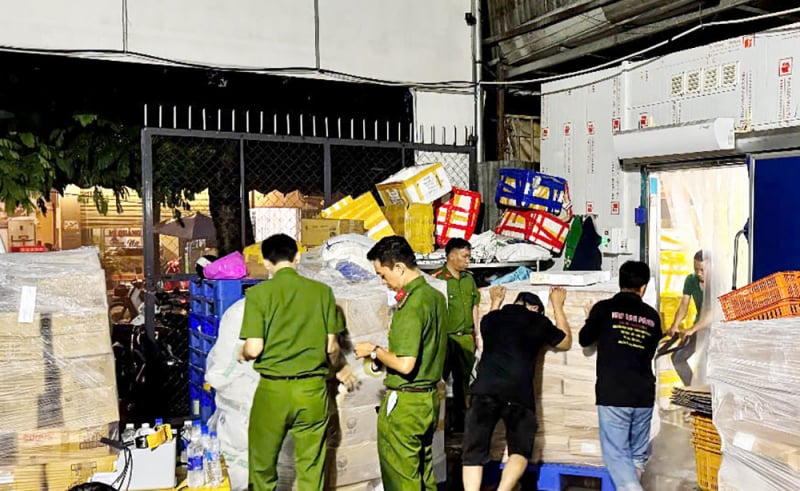

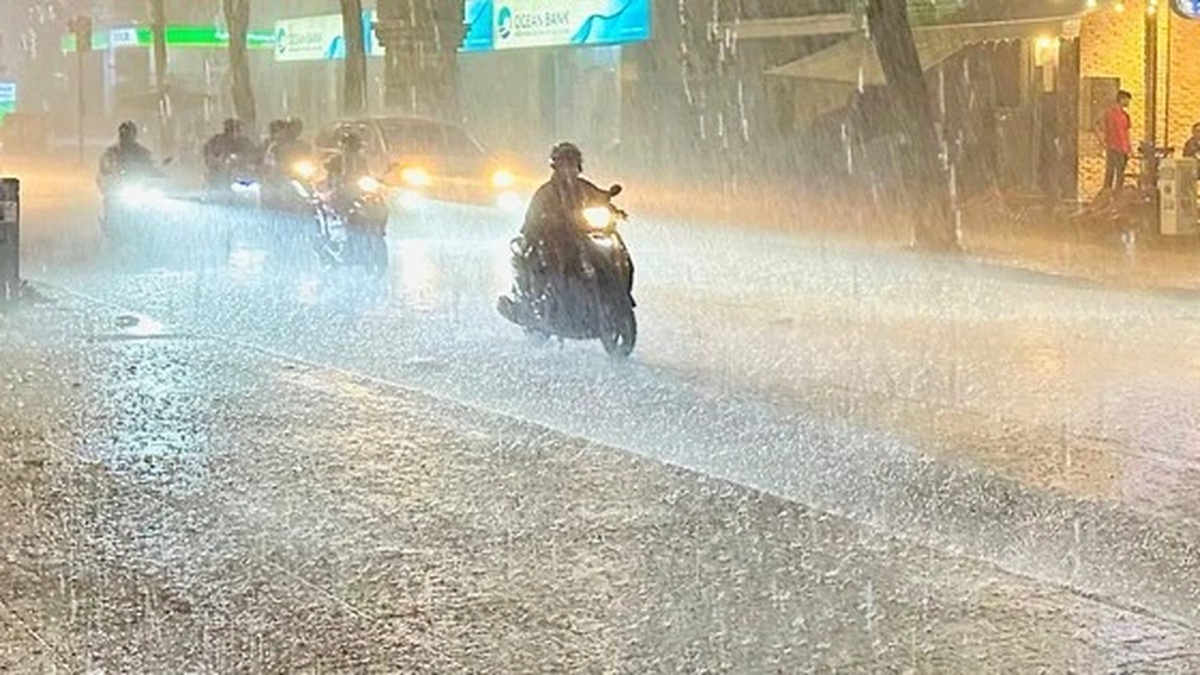

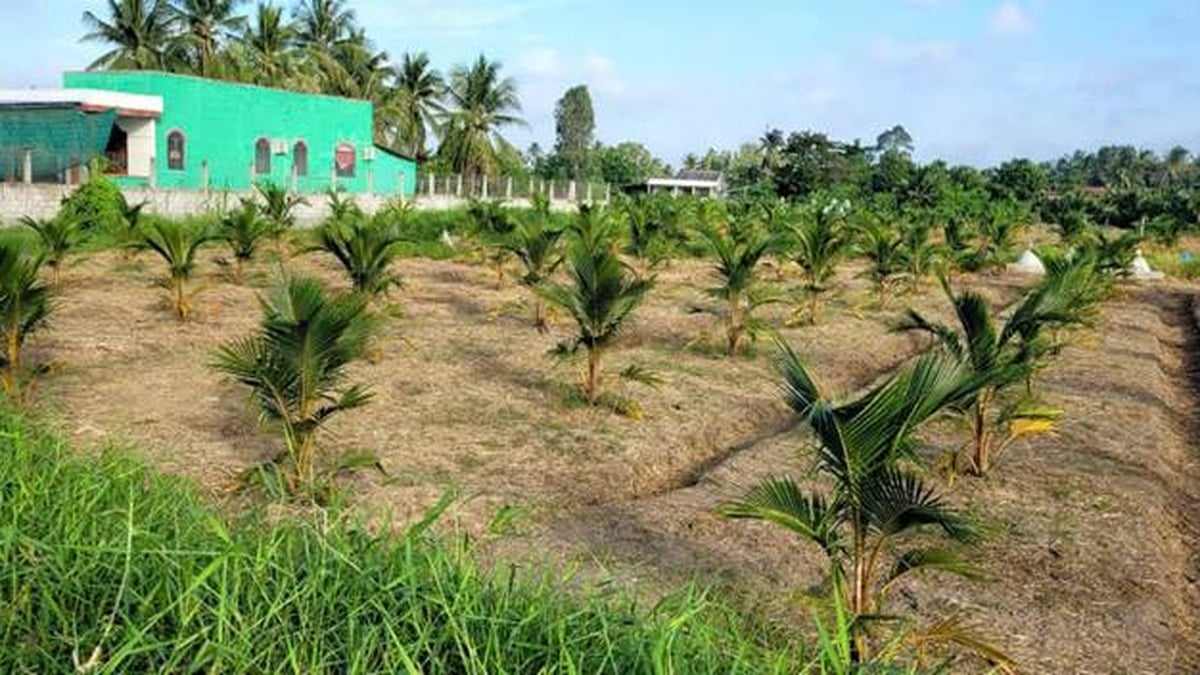

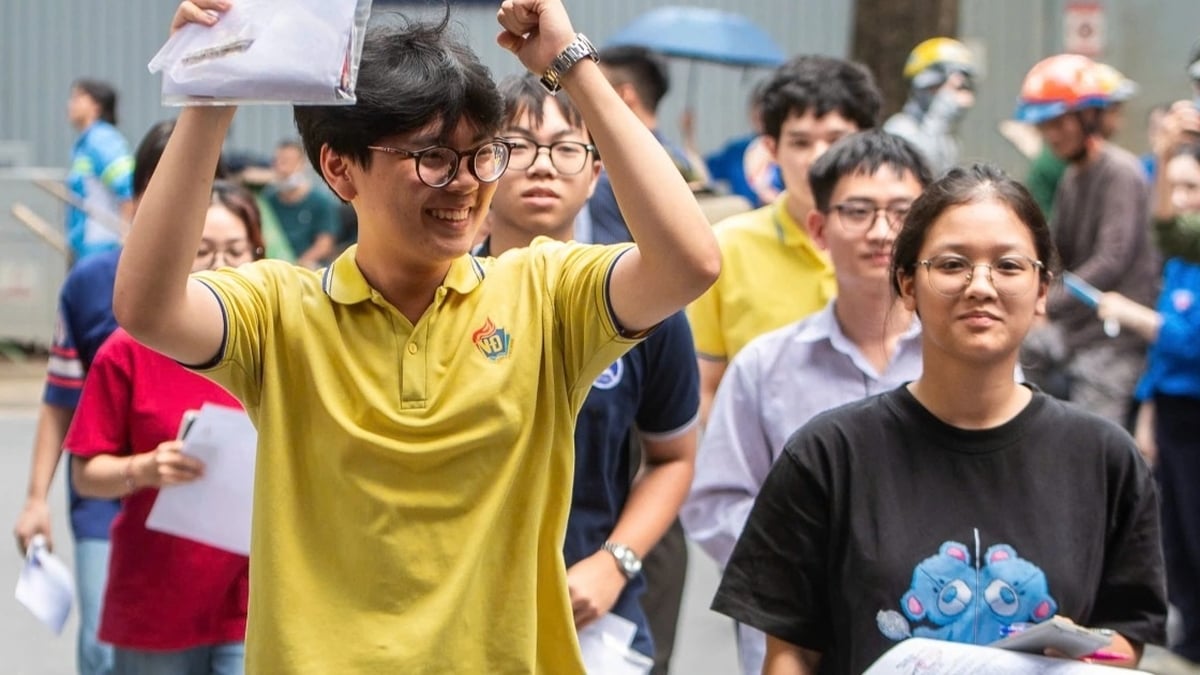

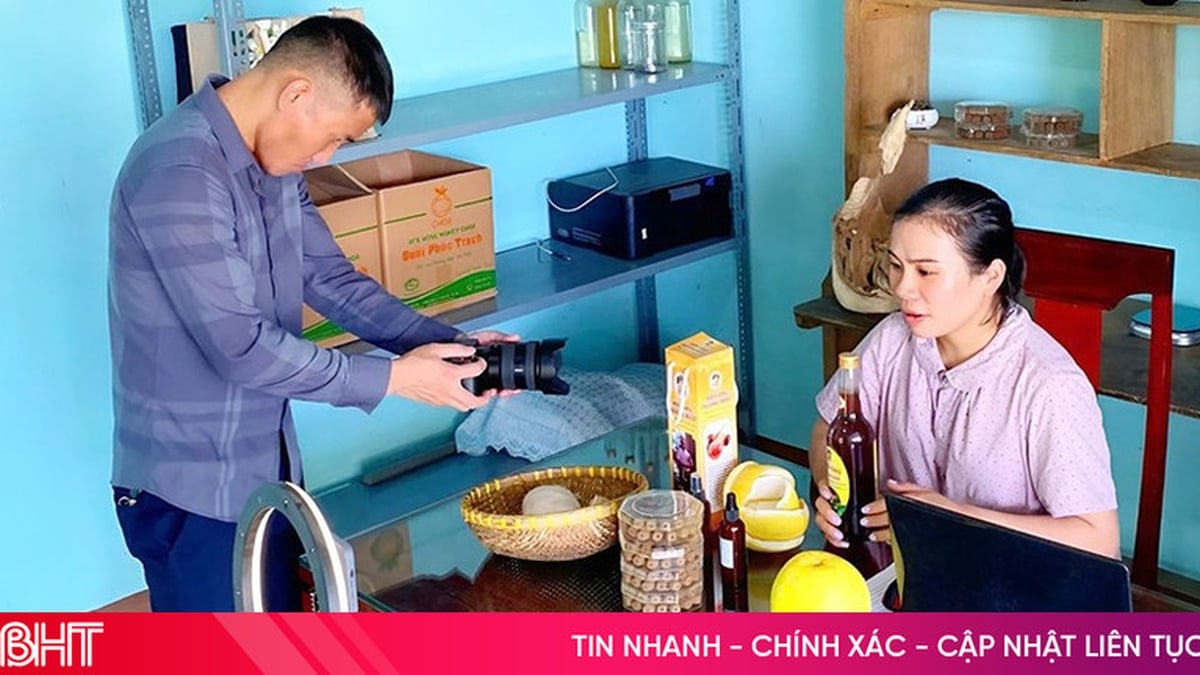

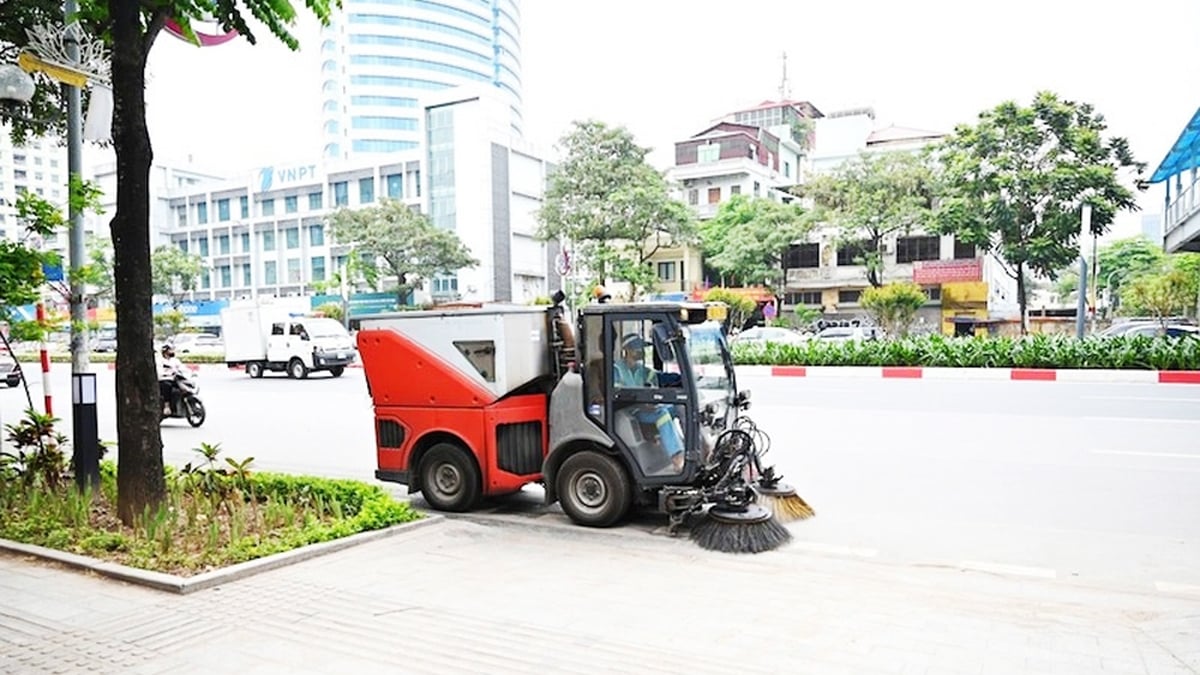













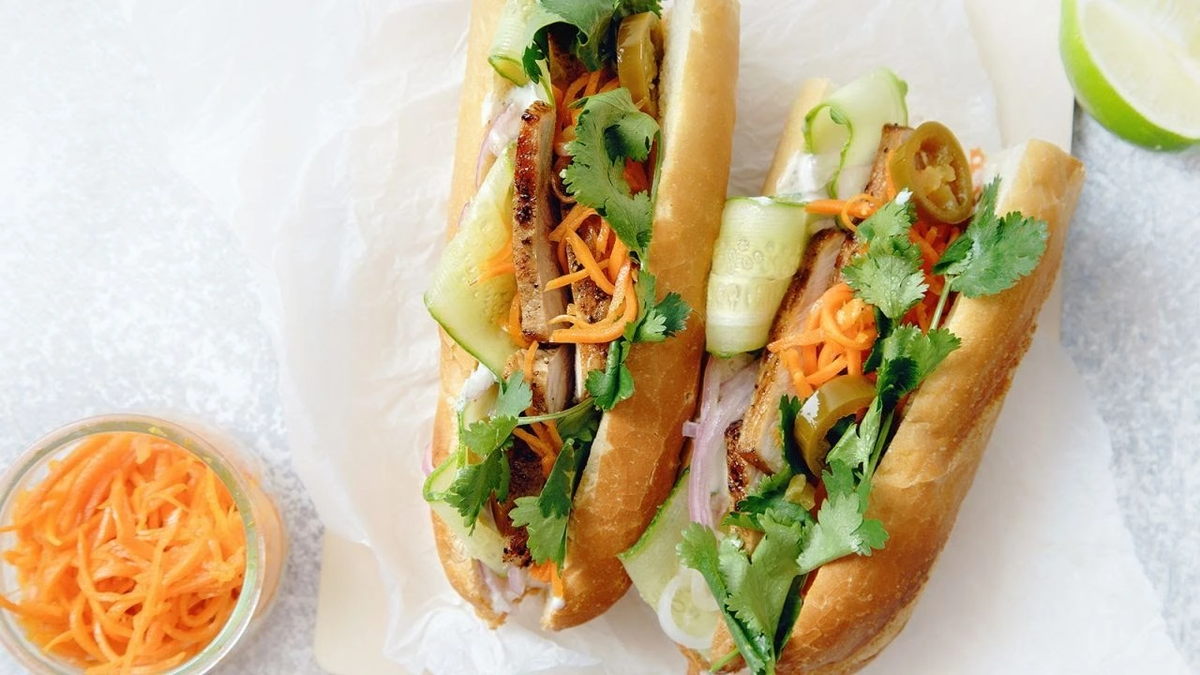












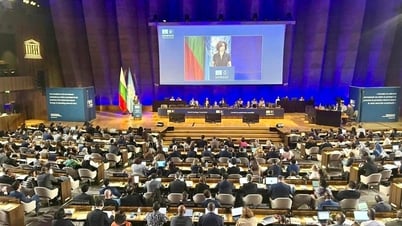




















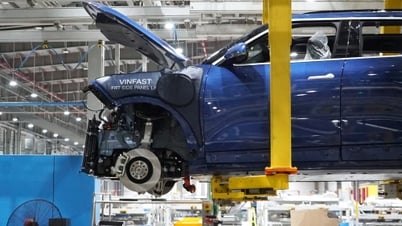




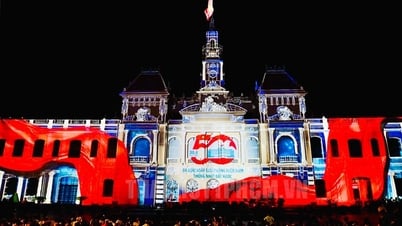
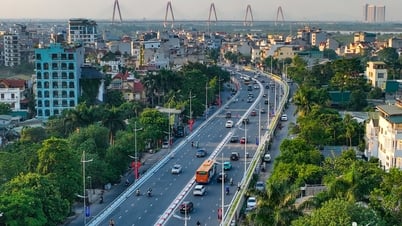



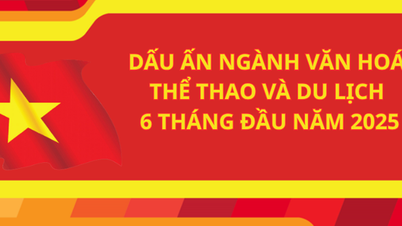



























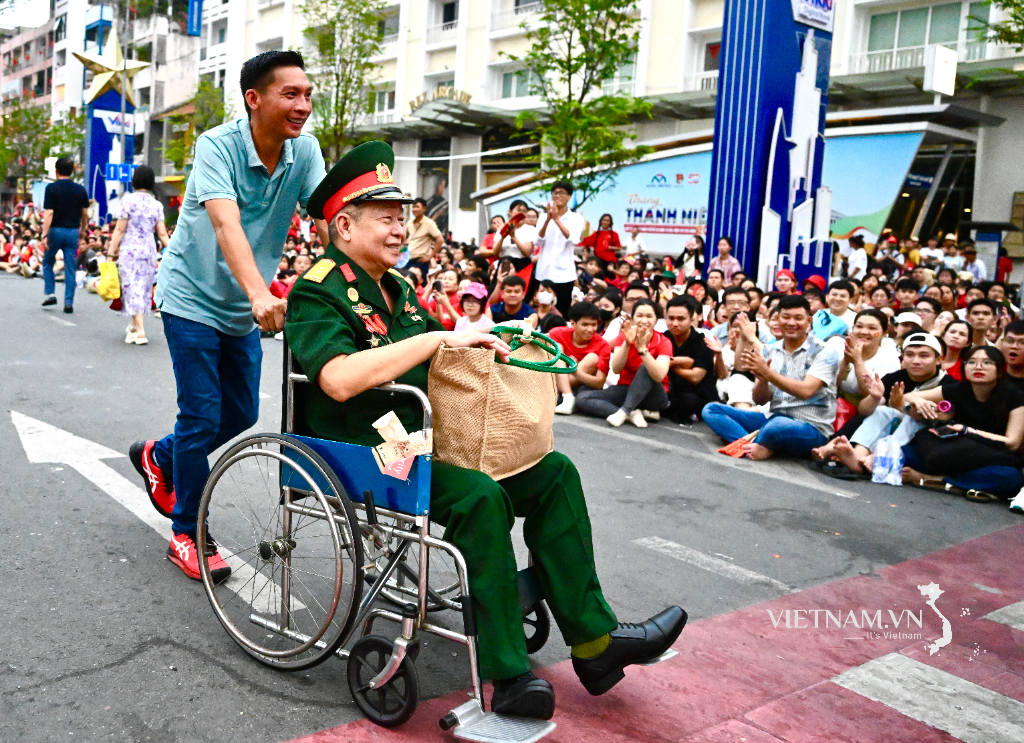


Comment (0)